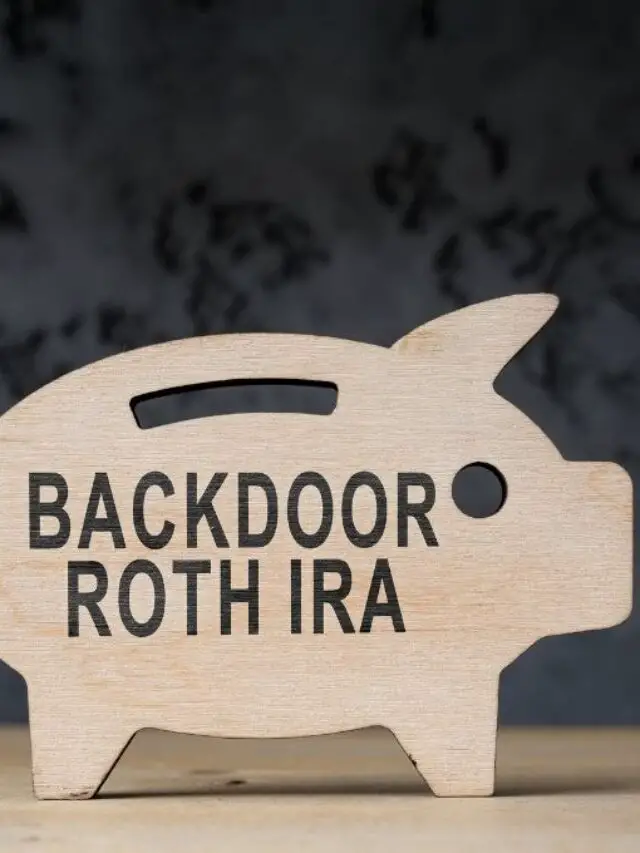Welcome to the fascinating universe of long-term capital gains tax! If you’re scratching your head wondering what that even means, you’re not alone. Long-term capital gains tax is a subject that often perplexes even seasoned investors. But here’s the kicker: understanding this tax is crucial for anyone serious about growing their wealth. In this comprehensive guide, we’ll break down the ins and outs of long-term capital gain tax, from its basic definition to strategies for minimizing your tax burden.
Table of Contents
Long-Term Capital Gains Tax 101
Alright, let’s get down to brass tacks. What exactly is long-term capital gain tax? Simply put, it’s a tax levied on the profit you make from selling an asset you’ve held for over a year. Don’t mix this up with short-term capital gains tax, which applies to assets you’ve sold within a year of purchasing.
Comparing Long-Term and Short-Term Capital Gains Tax
| Aspect | Long-Term Capital Gains Tax | Short-Term Capital Gains Tax |
| Holding Period | More than 1 year | Less than 1 year |
| Tax Rate | Preferential tax rates | Ordinary income tax rate |
| Tax Filing Complexity | Generally lower | Generally higher |
Who Gets Affected by Long-Term Capital Gains Tax?
You might be thinking, “Well, this doesn’t apply to me.” Think again. Long-term capital gains tax isn’t just for the Warren Buffetts of the world. Whether you’re a casual stock market investor, a real estate mogul, or someone who just sold a valuable piece of art, you could be on the hook for long-term capital gain tax. Essentially, if you’ve made a profit from selling an asset you’ve held for over a year, it’s time to talk taxes.
Types of Long-Term Capital Gains Tax
Not all long-term capital gains are created equal. There are different types, and they’re often categorized based on the asset involved or the nature of the transaction.
Asset-Based Types
- Stocks and Bonds: The bread and butter of many portfolios.
- Real Estate: Selling property you’ve held for over a year? This is your category.
- Collectibles: From vintage cars to antique furniture, these unique items have their own tax rates.
Transaction-Based Types
- Buy and Hold: The classic long-term investment strategy.
- Real Estate Flipping: Yes, if you hold for over a year, it becomes a long-term gain.
Understanding these types can help you navigate the long-term capital gains tax landscape more effectively.
Calculating Long-Term Capital Gains Tax
So, how do you figure out how much long-term capital gains tax you owe? The formula is pretty straightforward:
Profit from Sale – Cost of Asset = Capital Gain
Then, apply the preferential long-term capital gain tax rate to this gain. For example, if you bought a stock for $200 and sold it for $300, your capital gain would be $100. If your long-term capital gain tax rate is 15%, you’d owe $15 in taxes.
Long-Term Capital Gains Tax Rates
Tax rates for long-term capital gains are generally more favorable than those for short-term gains. These rates can range from 0% to 20%, depending on your overall income. It’s essential to know your tax bracket to estimate how much you’ll owe in long-term capital gains tax.
How to Report Long-Term Capital Gains Tax
When tax time comes around, you can’t just ignore your long-term capital gains. You’ll need to report them to Uncle Sam. Typically, you’ll use IRS Form 1040 and Schedule D to declare these gains. And don’t forget the deadlines; missing them could result in penalties.
Steps for Reporting
- Collect all transaction records.
- Fill out Schedule D, summarizing your gains and losses.
- Transfer the total to Form 1040.
- Submit by the tax deadline, usually April 15.
Strategies to Minimize Long-Term Capital Gains Tax
Paying taxes is a given, but paying more than you have to is a choice. There are several strategies you can employ to minimize your long-term capital gains tax liability.
Strategies
- Tax-Loss Harvesting: Sell losing investments to offset gains.
- Gift Assets: Consider gifting assets to a family member in a lower tax bracket.
- Charitable Donations: Donating assets can provide a tax break and help a good cause.
Long-Term Capital Gains Tax and State Taxes
Federal taxes aren’t the only game in town. Many states also have a long-term capital gain tax. However, some states, like Florida and Texas, don’t impose this tax. Knowing your state’s rules can help you better prepare for your total tax liability.
Long-Term Capital Gains Tax: Common Misconceptions
Let’s clear the air on some common myths. No, you can’t avoid long-term capital gain tax by simply not reporting it. And yes, even if you reinvest the gains, you’re still liable for the tax. Understanding the facts can save you from costly mistakes.
Conclusion
We’ve covered a lot, from the basics to strategies for minimizing your long-term capital gain tax. The key takeaway? Knowledge is your best weapon. The more you understand about long-term capital gain tax, the better equipped you’ll be to make smart financial decisions.
Additional Resources
Want to dive deeper? Here are some resources to check out:
- Books: “The Savvy Investor’s Guide to Taxes
- Websites: IRS.gov, Investopedia.com
- Tools: Online tax calculators, investment tracking apps
Frequently Asked Questions (FAQs)
- What happens if I inherit assets? Do I have to pay long-term capital gains tax?
Inherited assets usually receive a “step-up” in basis to their fair market value at the time of the owner’s death. If you sell them after holding for more than a year, long-term capital gain tax may apply, but only on gains accrued after the inheritance.
- Can I offset long-term capital gains with long-term capital losses?
Yes, you can offset long-term gains with long-term losses. If your losses exceed your gains, you can deduct up to $3,000 against other income.
- Are there any exemptions from long-term capital gains tax?
Certain assets like primary residences may qualify for an exclusion if specific conditions are met.
- How does long-term capital gain tax affect retirement accounts?
Retirement accounts like 401(k)s and IRAs are generally tax-deferred, meaning you won’t pay long-term capital gain tax on transactions within the account.
- Is there a minimum amount of gain that triggers long-term capital gains tax?
No, there’s no minimum. Any gain needs to be reported and is subject to taxation.
- Do I have to pay long-term capital gains tax if I’m a non-resident alien?
Non-resident aliens are subject to U.S. tax on their U.S.-sourced capital gains. However, tax treaties may provide for different rules.
- What records do I need to keep for long-term capital gain tax reporting?
Keep all transaction records, including purchase and sale confirmations, to substantiate your gains or losses.
- How does long-term capital gains tax apply to cryptocurrency?
The IRS treats cryptocurrency as property. Therefore, selling or exchanging cryptocurrency held for more than a year can trigger long-term capital gain tax.
- Can I use long-term capital losses to offset other types of income?
You can use up to $3,000 of net capital losses to offset other types of income like wages. Any excess loss can be carried forward to future years.
- What happens if I don’t report my long-term capital gains?
Failure to report can result in penalties and interest. In severe cases, it could lead to legal action.
Prashant Chauhan
Author @ Finance RuffleMeet Prashant Pratap Chauhan, the savvy founder behind Finance Ruffle, a hub for sharp financial insights and expert analysis in the realm of finance blogging.




Pingback: Investing In Stocks In Stock Market: 6 Superb Tactics For Higher Returns | Finance Ruffle
Pingback: Decode The Mysteries Of Short-Term Capital Gains Tax: 9 Powerful Insights | Finance Ruffle